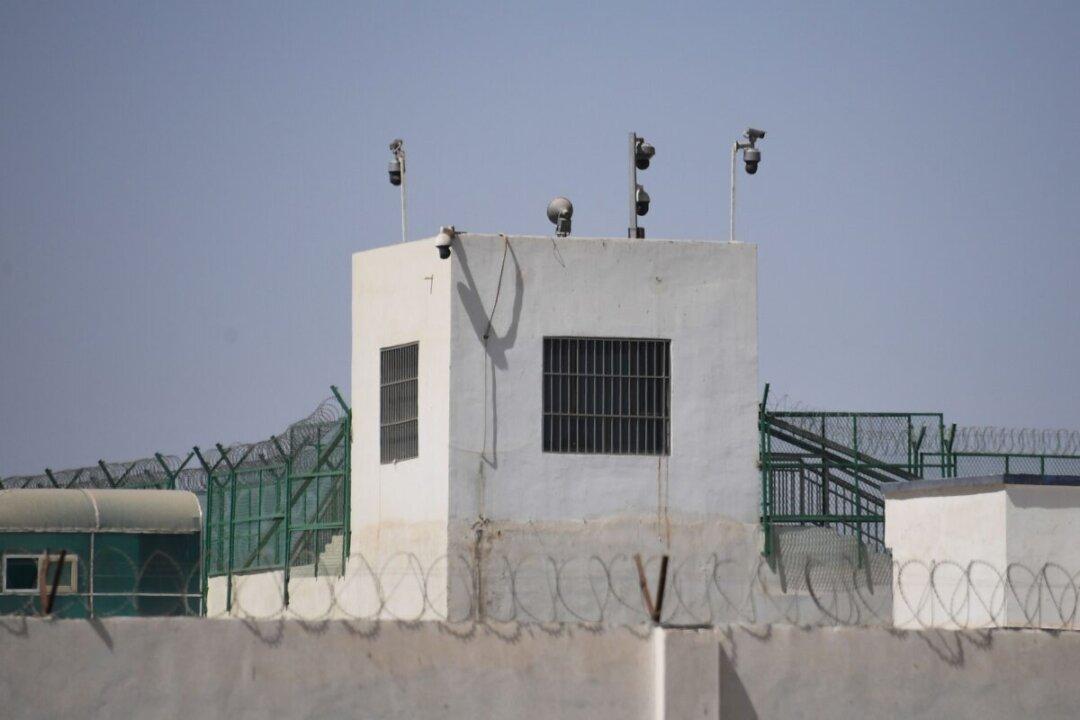Chinese authorities recently punished about a dozen Chinese netizens for browsing the banned Esu, a platform that exposes bad behavior by notable or famous Chinese figures.
As of Oct. 30, Esu.moe and Esu.wiki are no longer accessible. The website’s owners are Chinese, but the server is located overseas.
The punished netizens, who all visited Esu by bypassing the Chinese regime’s “Great Firewall,” were mostly youths in their teens and 20s, from provinces across the country. The police investigated and reprimanded them, but didn’t make formal arrests or bring charges.
The targeting of the netizens represents an intensification in the Chinese regime’s efforts to crack down on internet speech.
Days before the Esu case, police in Inner Mongolia detained a local farmer for eight days because he left an online comment saying that a particular brand of Chinese fertilizer wasn’t good enough. He had made the comment on WeChat, China’s most popular social media platform.
The police charged the farmer with “disrupting public order.”
Browsing the Web
Police in Liuzhou City of the Guangxi region announced on Oct. 29 that they punished a 17-year-old student surnamed Liu, saying he had registered an account on Esu and had viewed the website several times.While Liu didn’t post anything on Esu, the police criticized him, saying that his case should be used as a model to educate the public.
What’s Esu
Esu, which started in January 2014 with a server in China, describes itself as a platform for “revealing the truth” to the public about famous figures’ bad behavior. While most of the information posted on Esu was verified as true, the website has generated controversy for encouraging netizens to collect and publicize celebrities’ and their relatives’ personal information.For example, under the name of Chinese science fiction writer Liu Cixin, people can find his birthday, ID number, home address, educational background, a record of his bad behavior, and pseudonyms that he uses online.
Internet Surveillance
Internet censorship by the Chinese regime has escalated in recent months. Chinese nationals who post prohibited content while traveling outside China are also punished for violating the Chinese regime’s rules.While police didn’t say what crimes Lu is accused of, they indicated that he would be prosecuted and sentenced. The Dalian court hasn’t released any information related to the case.
Netizens were upset by the news of recent police action.
Sima added that many people circumvent the firewall; it would be nearly impossible for police to catch everyone who does it.
Other netizens replied to Sima, saying that authorities’ tactics were similar to the Cultural Revolution era, when people were sentenced to prison if they listened to foreign radio stations.





